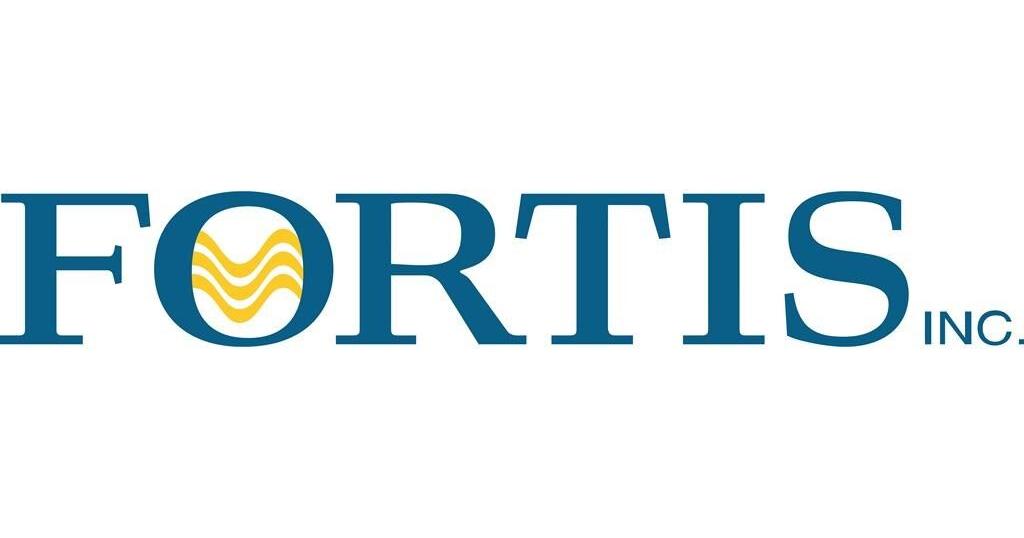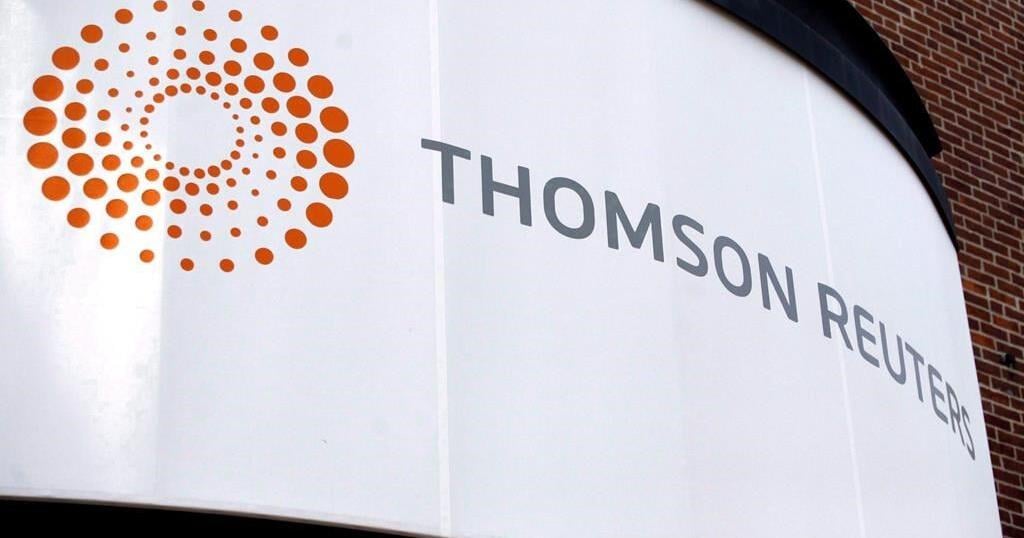OPEC+ compliance sent oil prices to a 3-month high, despite fears that a second wave of COVID-19 would drive demand and prices down
For Global Energy Alert members there are now two new free reports available in your dashboard. The first of these reports is on how to interpret stock charts and the second outlines the three biggest mistakes made by traders today. Make sure you become a member to read these reports and many more.

Friday, June 19th, 2020
Oil prices have shrugged off concerns about rising coronavirus infections, with WTI hitting $40 per barrel in early trading on Friday, a three-month high. “OPEC+ has done a good job turning things around and stronger demand also helps,” said Carsten Fritsch, an analyst at Commerzbank AG.
OPEC+ tightens up compliance. OPEC’s Joint Ministerial Monitoring Committee (JMMC) met and demurred on whether it would extend production cuts again. But Iraq and Kazakhstan presented plans on how they would increase their compliance, a move welcomed by oil markets. “That could be an extra piece of bullish news for the market, which may see the two nations removing some supply,” said Bjornar Tonhaugen from Rystad Energy.
U.S. puts sanctions on Mexican company for dealing with Venezuela. The U.S. Treasury Department slapped sanctions on Mexican trading company Libre Abordo SA de CV for buying Venezuelan oil.
Saudi Aramco cuts jobs. Saudi Aramco is cutting hundreds of jobs as it hopes to reduce costs. First-quarter profit for Aramco was down 25 percent from a year earlier.
U.S. shale dominance over. U.S. shale production could fall by half over the next year due to the massive drop in the rig count, putting overall American oil production below 8 mb/d within a year’s time. It will take years before production will rebound anywhere close to pre-pandemic levels.
Schlumberger to take $1.4 billion write down. Schlumberger (NYSE: SLB) said it would take a $1.4 billion impairment due to layoffs and restructuring.
Chesapeake Energy skips interest payment. Chesapeake Energy (NYSE: CHK)skipped an interest payment of $13.5 million ahead of a widely-expected bankruptcy filing. The company has about $9 billion in debt and only had about $82 million in cash on hand at the end of March.
Refiners ramp up gasoline processing. Gasoline demand in the U.S. inched a bit lower last week, ending consecutive weeks of gains. At the same time, refiners have ramped up run rates for five weeks straight. “Refiners might have declared victory a little early and it’s going to be problematic,” John Kilduff, a partner at Again Capital Management, told Reuters.
The Vatican urges fossil fuel divestment. The Vatican urged Catholics to divest from armaments and fossil fuels, and to also closely monitor investments in mining companies.
Related: Saudi Arabia On Track To Secure Highest Oil Market Share In 40 Years
Tesla considers Texas plant. Tesla (NASDAQ: TSLA) is considering a new manufacturing facility in central Texas, and the new gigafactory would likely build the Cybertruck electric pickup, and/or the Model Y SUV.
Tesla aims for cobalt-free batteries. Tesla (NASDAQ: TSLA) hopes to eliminatecobalt completely from its battery cells.
Chisholm Oil & Gas Operating LLC files for bankruptcy. Private-equity-owned Chisholm Oil & Gas Operating LLC filed for Chapter 11 bankruptcy protection this week. The shale driller suffered from falling prices as well as operational challenges in Oklahoma.
Texas considers flaring rules. The Texas Railroad Commission directed its staff to consider recommendations on how to reduce flaring. “This is now the opportune time to implement meaningful reforms to reduce flaring before oil and gas production climbs back to previous highs,” Commission Chairman Wayne Christian said.
JPMorgan predicts $100 oil. “The reality is the chances of oil going toward $100 at this point are higher than three months ago,” JP Morgan’s head of oil and gas research for EMEA, Christyan Malek, said.
Goldman Sachs: Renewables to outpace fossil fuels. Global investment in renewable energy is set to surpass oil and gas for the first time ever next year, according to Goldman Sachs. The bank said that the cost of capital for oil and gas is much higher than for renewables, and the divergence is “structurally constraining the oil & gas industry’s ability to invest.”
BP: Oil demand slowing before Covid-19. Primary energy demand growth slowed to just 1.3 percent in 2019, and the majority of that came in the form of renewable energy, according to BP (NYSE: BP). Related: The Oil & Gas Sector Could Already Be In Terminal Decline
Trump admin takes Keystone XL to Supreme Court. The Trump administration hasasked the Supreme Court to revive a permit program that would revive permits for an array of pipeline projects, including Keystone XL. Earlier this year, a Montana judge suspended the U.S. Army Corps of Engineers’ permit program that greenlights projects with little review of their impact on waterways.
Henry Hub cash prices crash to a 22-year low. Cash Henry Hub and other US Southeast physical gas benchmark prices fell to their lowest levels in over 20 years, as canceled LNG cargoes back up natural gas within the U.S., according to S&P Global Platts. Cash Henry Hub prices settled at $1.38/MMBtu on June 16, the lowest price since 1998.
Ovintiv layoffs, Enbridge buyouts. Ovintiv (NYSE: OVV) (formerly Encana) confirmed a spate of layoffs in Colorado and Texas. Also, Enbridge (NYSE: ENB) said that 800 employees are taking voluntary buyouts.
Chevron to sell Australia LNG. Chevron (NYSE: CVX) put up for sale its minority stake in North West Shelf LNG in Australia, the country’s largest and oldest gas export project.
Lyft to go 100 percent EV. Lyft (NASDAQ: LYFT) said it would offer rides only in electric vehicles by 2030.
By Tom Kool for Oilprice.com
More Top Reads From Oilprice.com:








































